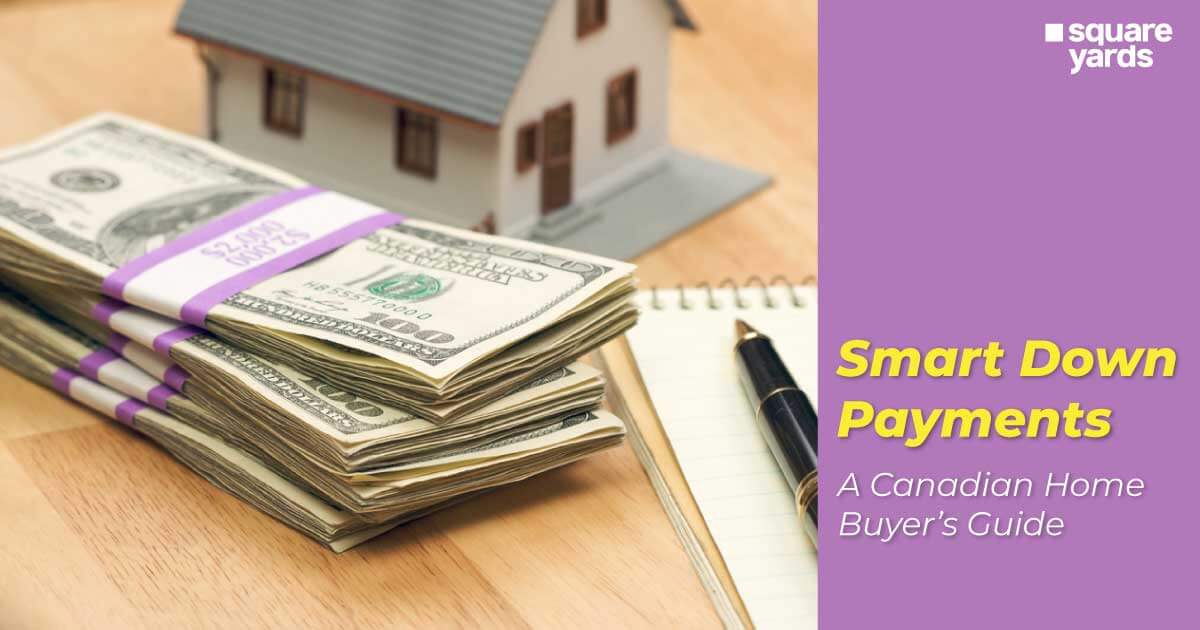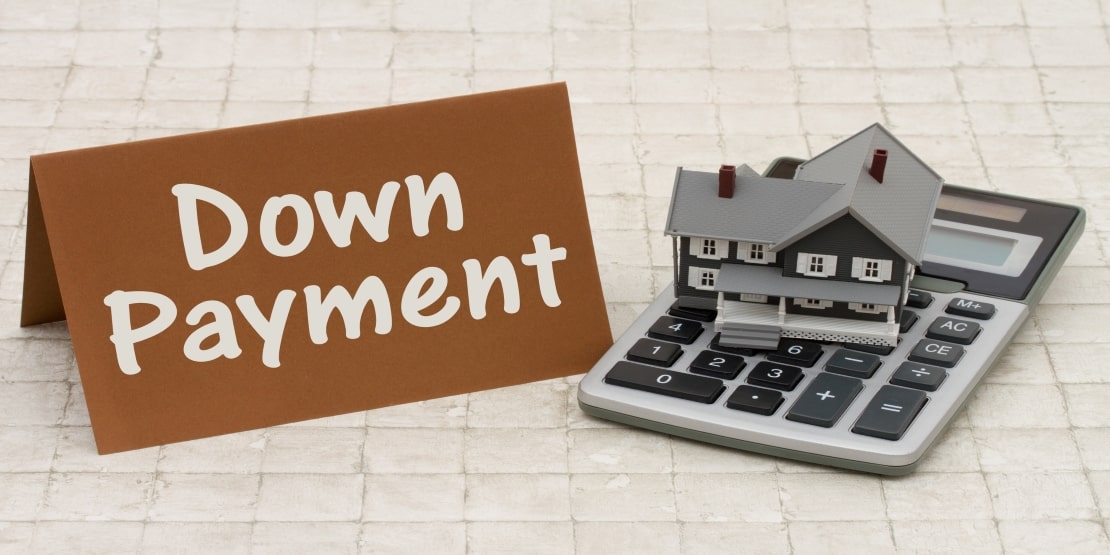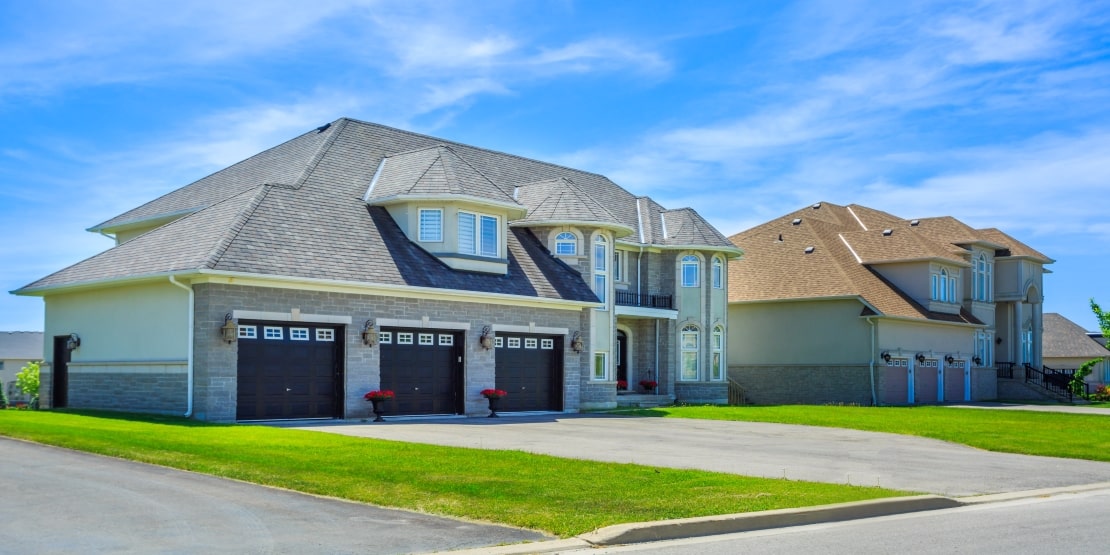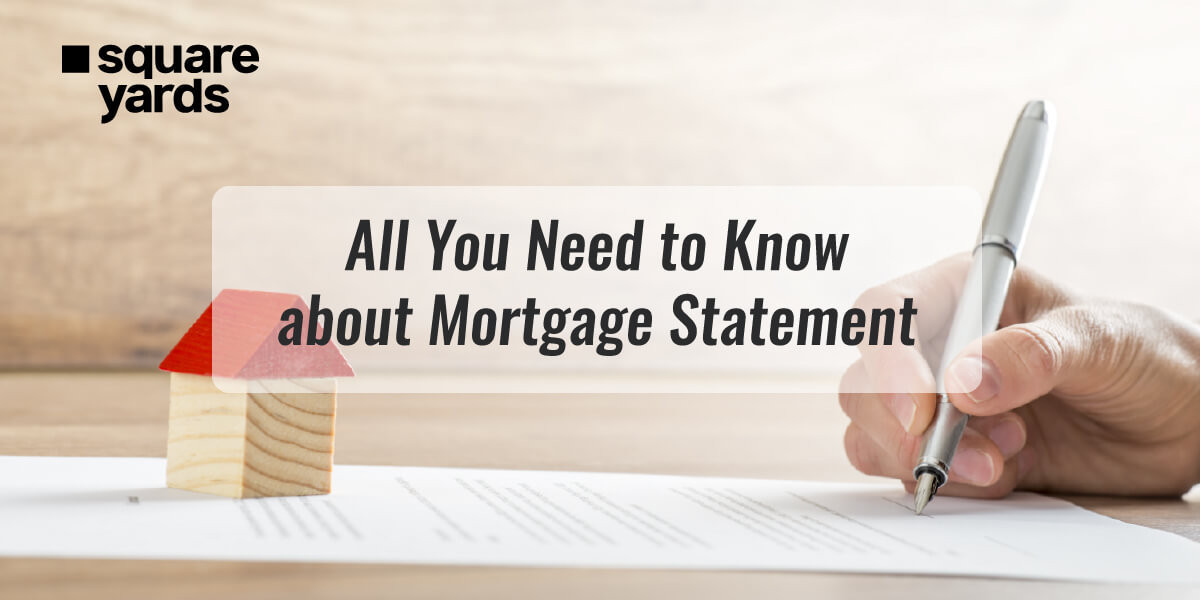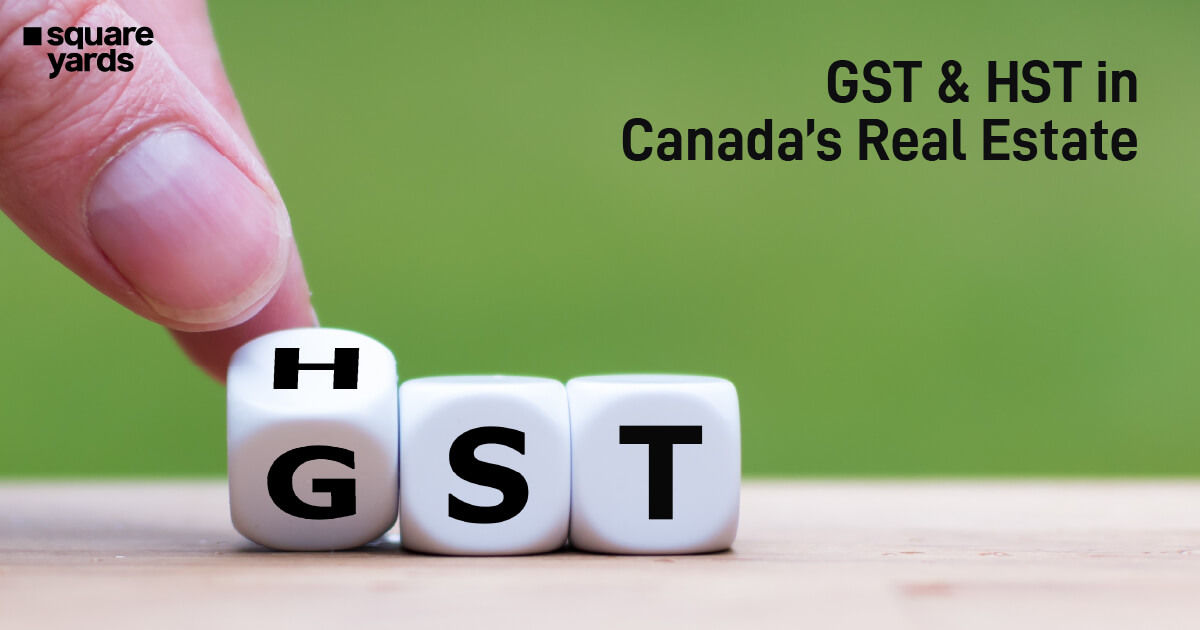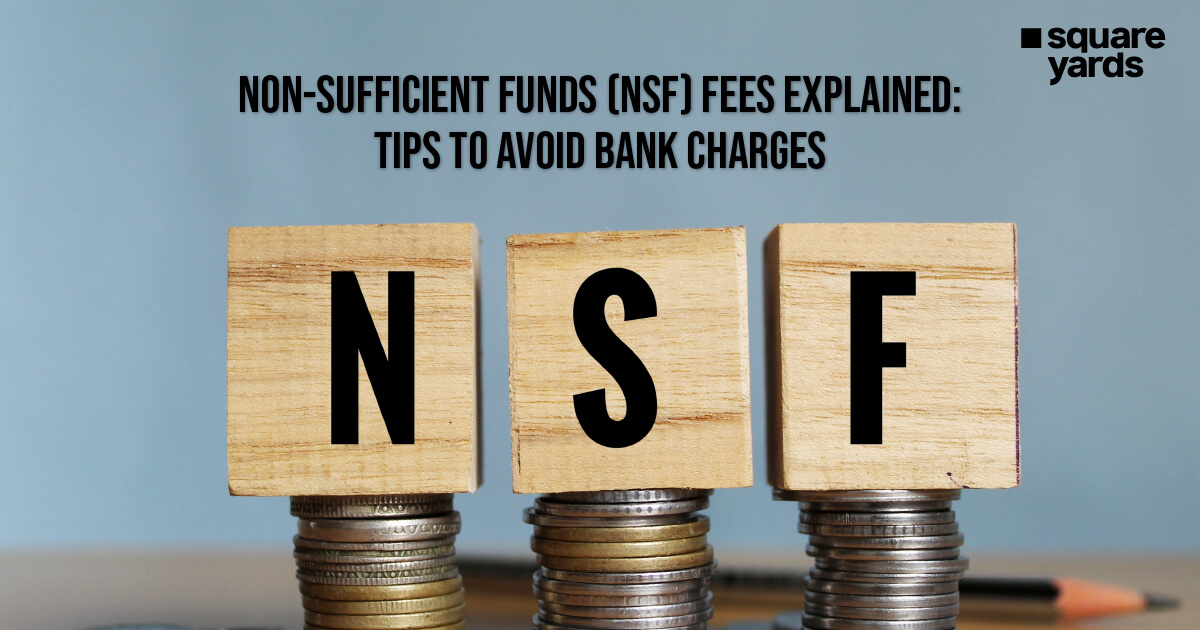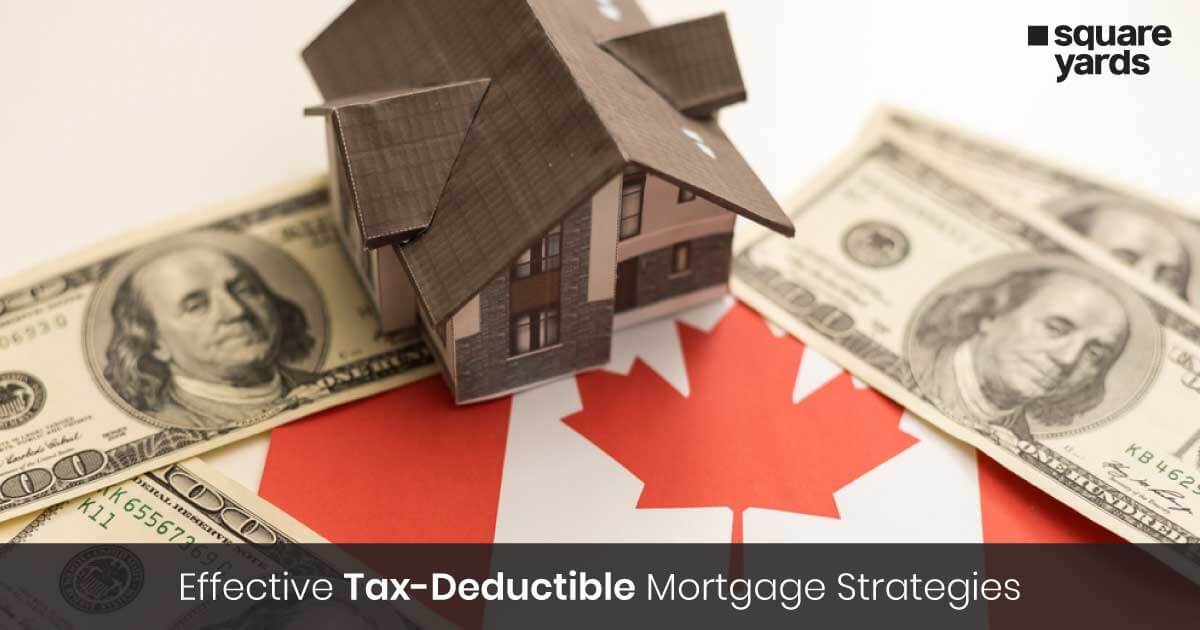A down payment is an amount that you put towards purchasing a house. The average down payment on a house depends upon the total purchase value of the house. If you wish to buy a house in Canada, it is recommended that you scour the latest details about Canada’s real estate market. Be it Canada or any other country in the world, there are different yet similar rules to the down payment loans for all home buyers. Down payment is the initial thing that strikes the home buyer’s mind even before the mortgage approval. As per the Canadian home buying laws, you cannot get the mortgage approval directly without paying a down payment on the property that you wish to purchase.
The down payment is usually a personal saving of a person who wishes to buy a home. So it’s good to save big to pay less in future. Let us take a more comprehensive look at the basics.
What is a Down Payment on a House?
A down payment for a house is your initial payment when buying a home. It’s a chunk of the total price you pay upfront, not through a loan. Consider it part of the bargain to show you’re serious about the purchase. The down payment is a percentage of the home’s total cost. A bigger down payment usually means a smaller mortgage, which can be easier on your budget in the long run. It can also mean better mortgage terms and save you from needing extra insurance. The amount you’ll need varies depending on the lender and your financial situation.
What is the Minimum Down Payment in Canada?
Down payment is a minimum amount of the total property price that you need to put towards buying a house. The minimum down payment differs from property to property, as each property comes with a different purchase price.
Usually, the bigger the property price, the higher the down payment you need to pay. So first of all, one must understand how the average down payment on a house varies all across Canada.
The price of any home differs, based on its surroundings which include the locality, amenities, and the real estate market condition. These are the conditions that affect the average down payment amount one chooses to pay. On an average at least 5 percent down payment is mandated to pay for all home buyers in Canada.
Factors that Impact Minimum Down Payment
Various factors can influence the minimum down payment on a house. Some important factors are:
-
On the Purchase Price of the Homes
The purchase price directly affects the down payment on a home. For homes priced up to $500,000, the minimum down payment is 5%. For homes between $500,000 and $1 million, the down payment is 5% on the first $500,000 and 10% on the amount over $500,000. Homes over $1 million require a minimum down payment of 20%.
-
Your Financial History
If a buyer has a poor credit history or is self-employed, they may need to make a larger down payment, which helps reduce the perceived risk for the lender.
-
Type of Property
The minimum down payment for owner-occupied homes is 5% on the first $500,000 and 10% on the amount above this. Most lenders require at least a 20% down payment for rental properties. A down payment as low as 5% may be acceptable for second homes used for recreation or other purposes. However, a 20% down payment can help avoid mortgage default insurance premiums. These factors, individual lender policies, and market conditions determine the minimum down payment needed when purchasing a house in Canada.
Different Types of Minimum Down Payment
The type of real estate transaction you undertake will influence your minimum down payment. As discussed, you could opt for an owner-occupied, rental, or second home.
Owner Occupied Home
For owner-occupied homes, which are properties intended to be the primary residence of the buyer, the minimum down payment is structured as follows:
-
- For homes priced at $500,000 or less, the minimum down payment is 5% of the purchase price.
- If the home is priced between $500,000 and $999,999, the down payment is 5% of the first $500,000 purchase price and 10% for the portion above $500,000.
- For homes priced at $1 million or more, the minimum down payment required is 20% of the purchase price.
This tiered structure for down payments ensures that more affordable homes are accessible to a broader range of buyers with lower down payments. This requires additionally maintaining a financial commitment that secures the investment for both the lender and the buyer. The goal is to make homeownership more attainable, particularly for first-time buyers or those purchasing moderately priced homes.
Rental Property
For rental properties in Canada, the minimum down payment rules differ from owner-occupied homes. Most lenders usually ask for a larger down payment if you’re buying a property you plan to rent out. You must put down at least 20% of the property’s purchase price in most cases.
This higher down payment requirement is because lenders often view rental properties as riskier than owner-occupied homes. The idea is that owners might be more committed to keeping up with payments on a property they live in themselves.
Second Home
If you’re buying the property as a second home, not a primary residence, the minimum down payment can be as low as 5%. This is similar to the down payment required for an owner-occupied home. However, just like with owner-occupied homes, if you want to avoid the additional cost of mortgage default insurance (also known as CMHC insurance), you should aim for a down payment of 20%. This lower down payment option for second homes makes it more feasible for individuals to own a vacation property or a house for other personal uses. It’s an opportunity to invest in real estate beyond your primary residence with a relatively accessible entry point in terms of upfront costs.
What is the Maximum Down Payment in Canada?
As per the rules, there is no maximum down payment in Canada that you need to put on a mortgage. Instead, you can also purchase a home right away, if you wish. But if you are moving forward with the down payment procedure, we would suggest you pay as high as you could, because, in return, it reduces the amount of the debt you hold. The major reason behind putting less down payment is that it is tough and time-consuming to save a hefty amount of money while maintaining your cash flow.
It is recommended to calculate the cost of living at the time when you are saving for the down payment. If it takes years to save a large down payment, you can also put a small down payment to save a mortgage and pay that into your house value despite paying rent. There are some cases where putting a larger down payment loan is beneficial. In case, if you do not have a good credit history and the mortgage lender is wary of lending you money, you can still buy a property at ease with fewer mortgage loans.
How Much Down Payment is Best for a House?
Determining the ideal down payment for a house is a personalised decision, highly dependent on your financial situation and goals. While a larger down payment can lead to lower monthly mortgage payments and save on interest over the loan’s life, it’s crucial to maintain your savings.
The down payment required for a house in Canada can vary depending on your lender. Still, there are general guidelines for the minimum down payment based on the property’s sales price:
-
For Properties Under $500,000
The minimum down payment is typically 5% of the property’s price. You can multiply the property’s sales price by 0.05 to know this amount.
-
For Properties Priced Between $500,000 and $999,999
As discussed earlier in owner-occupied homes, this down payment structure is a bit more complex. You pay 5% on the first $500,000 purchase price and 10% on any over $500,000. To calculate this, multiply $500,000 by 0.05, then multiply the amount exceeding $500,000 by 0.1. Add these two figures together to get your total minimum down payment.
-
For Properties Over $1 Million
The minimum down payment jumps to 20% of the property’s price if the property price is over a million dollars.
How Much Should You Put Down when Buying a House in Canada?
Canada is a well-known country that attracts many people to reside in permanently. This is the main reason why the demand for real estate properties is increasing in Canada. Thus, with the increasing demand for real estate, the price of the property is also increasing alongside.
Therefore, the only trick to save money while purchasing a house in Canada is to avoid high mortgage interest rates. It is possible only when you pay a higher down payment because it will help eliminate the load of your mortgage default insurance. Besides reducing the interest amount, it will also help you get a good bid on your mortgage rates from your lender.
A higher down payment can reduce or eliminate the burden of mortgage default insurance. Thus, if you put a large down payment, then you will end up saving a lot of money.
If you find it hard to save a big amount for your down payment, and you are eager to buy a home then putting a lower down payment also works well. It’s always good to know the impact of a lower down payment on your mortgage insurance.
Why Do Canadians Usually Opt for a Higher Down Payment?
Canada provides lower down payment options, still, most home buyers prefer paying a higher down payment. The reason behind putting the higher amount in the front is to pay low interest on the mortgage.
The more you pay upfront, the smaller your loan will be. Most Canadians follow this simple rule to avoid higher interest as it benefits them with lower monthly installments.
Conclusion
Through this guide, you will be able to find out how much down payment you need to purchase a house. Buying a house is a major decision in one’s life and the arrangement of a down payment has a significant impact in driving the home-buying plan.
Frequently Asked Questions (FAQs)
Five per cent is considered as an average down payment in Canada. If you provide less than a 20 percent down payment, you must apply for mortgage default insurance, usually known as CMHC insurance in Canada.
Paying at least a 20 percent down payment on a house will increase the probability of your mortgage approval at a decent rate. It will help you avoid mortgage insurance and interest, but you can still put down less than 20 per cent if you wish.
You need a minimum of 5 percent of the total house price to initiate the buying process. But if you are buying a house that costs more than CA $500,000, you will be required to pay an extra 10 per cent above your down payment to initiate the buying process of your house.
You can put a 5 percent down payment when buying a second home for family, recreation or any other purpose.
Borrowing money to contribute to your down payment is allowed in Canada. But only if you pay some down payment money from your savings. Most Canadians use their savings as their primary source of down payment funds when buying a house in Canada. What is considered a good down payment on a house in Canada?
How much down payment for a house must I pay in Canada?
What minimum downpayment do I need to pay when buying a house?
Can I put a 5% down payment to buy a second home in Canada?
Can I borrow a down payment to buy a house in Canada?

